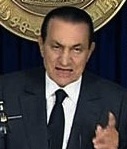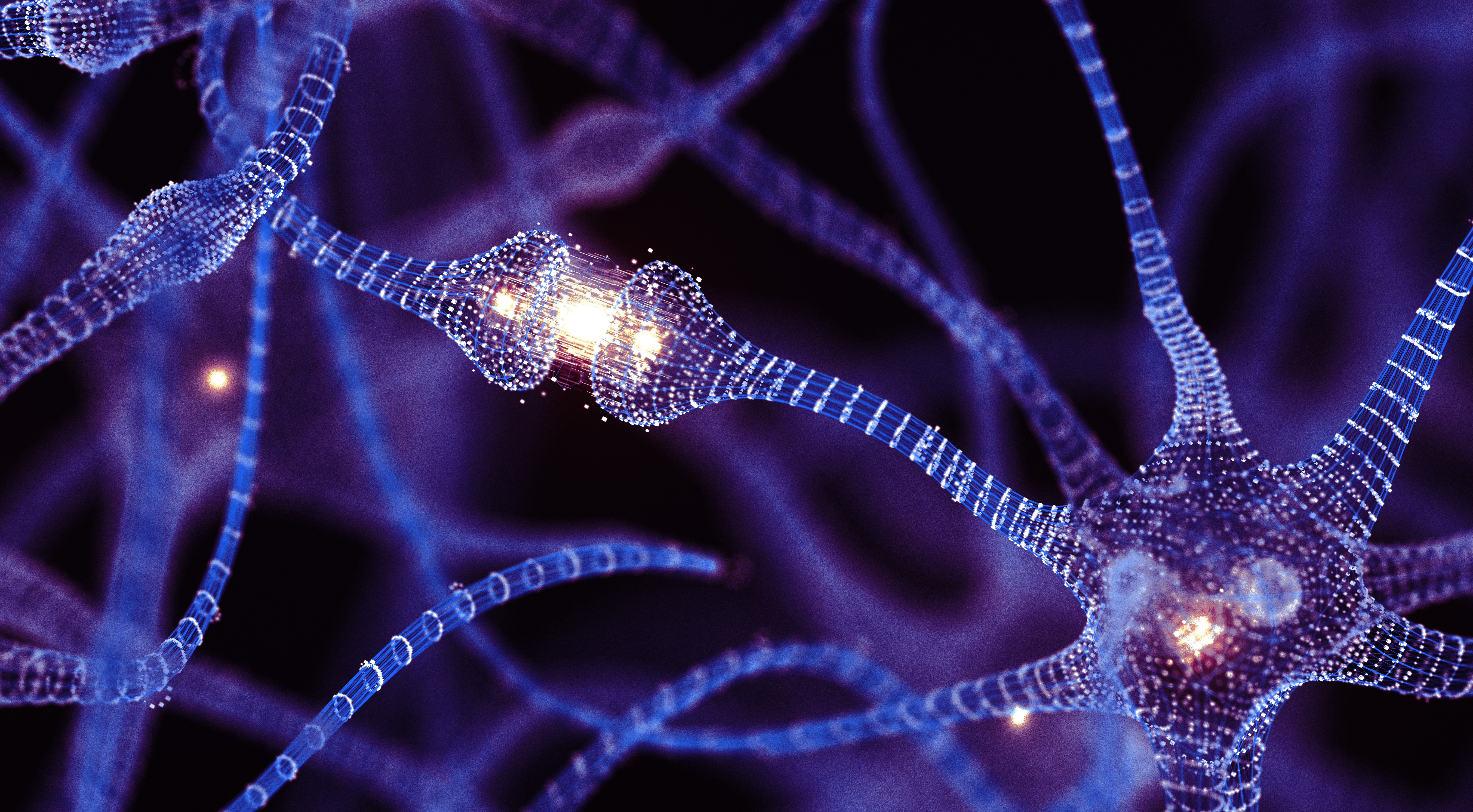Could You Become a Dictator?

Famously sadistic dictators like Saddam Hussein and Joseph Stalin share a personality profile marked by narcissism and paranoia, political psychologists say. But what of authoritarian-style dictators like Hosni Mubarak? Could an ordinary, well-meaning person turn into a repressive despot?
Perhaps not overnight, but power does have an effect on the psyche, according to psychological research. The most famous example is the 1971 Stanford Prison Experiment, in which students were randomly assigned to be either "prisoners" or "guards" in a makeshift "prison." The guards became so abusive, and the prisoners so passive, that the experiment was shut down after less than a week — although there have been suggestions that this experiment was deeply flawed.
Extremes aside, more mundane sorts of power can also influence behavior. A 2010 study published in the journal Psychological Science found that people primed to think of themselves as well-off were worse at reading other people's emotions than people primed to think of themselves as poor. The reason, said study co-author Dacher Keltner of the University of California-Berkeley, may be that people without much power need to build alliances with one another to get by. People in charge, on the other hand, can do what they please.
When you get power, "you really stop carefully attending to your social environment," Keltner told LiveScience. "You don't read the emotions of other people well. You don't have a clear understanding of important social conditions like poverty."
On top of that, Keltner said, "power just makes you more impulsive and self-serving and inappropriate in how you behave."
It may also isolate you from others. A 2006 study, also published in Psychological Science, used an unusual method to demonstrate this phenomenon: The researchers had participants draw a letter "E" on their foreheads. First, though, the volunteers were primed to think of themselves as either more or less powerful. The more powerful group was three times more likely to draw the "E" on their forehead so that it would be backwards to others. The implication, the researchers reported, is that powerful people become more self-oriented and care less about the perspectives of others.
A third study, this one published in 2009 in Psychological Science, found that people trained to think of themselves as powerful were more likely to believe they had control over a situation – even when they were participating in a random activity such as rolling dice.
Get the world’s most fascinating discoveries delivered straight to your inbox.
"The illusion of personal control might be one of the ways in which power often leads to its own demise," the researchers wrote.
Put it all together and you have a perfect recipe for tyranny: Get a taste of power, stop noticing or listening to others, and finally begin to believe you're in charge of random events. But power isn't all good or all bad, noted Ohio State University psychologist Richard Petty. His research suggests that power gives people confidence in the beliefs they already hold.
In one study, published in 2007 in the Journal of Personality and Social Psychology, Petty and his co-authors asked participants to write down positive or negative thoughts and then prompted them to feel more powerful. Those who wrote positive thoughts became more positive, while those who had dark thoughts in mind became more negative.
"Power magnifies whatever is in your head," Petty told LiveScience. "We think it kind of explains why powerful people do more good and do more bad."
You can follow LiveScience Senior Writer Stephanie Pappas on Twitter @sipappas.

Stephanie Pappas is a contributing writer for Live Science, covering topics ranging from geoscience to archaeology to the human brain and behavior. She was previously a senior writer for Live Science but is now a freelancer based in Denver, Colorado, and regularly contributes to Scientific American and The Monitor, the monthly magazine of the American Psychological Association. Stephanie received a bachelor's degree in psychology from the University of South Carolina and a graduate certificate in science communication from the University of California, Santa Cruz.
